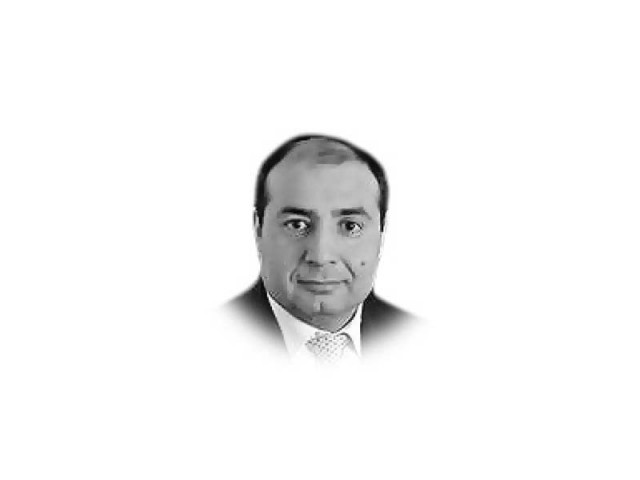Independence of judiciary under Islamic law
One of the foremost duties of a judge is to be impartial

Justice is one of the main themes of the Holy Quran. The Islamic concept of justice covers duties and rights of all actors of the justice system including, but not limited to, investigators, witnesses, experts, judges, administrators and litigants. Being just is placed next to the highest virtue in Islam: taqwa (piety). The Holy Quran has used taqwa in many senses but essentially it means believing in and fearing Allah, avoiding sins, righteous conduct (Holy Quran, 2:177) and supporting truth (39:33). Allah has created all human beings equal (49:13) and as one Ummah (2:213) but taqwa is a ground for superiority among Muslims (46:19; 6:132). The Holy Quran (5:8) says, “be just, that is next to piety”.
An independent and impartial judiciary is an absolute principle of Islamic law. No derogation from it is permitted under any circumstances. One of the foremost duties of a judge is to be impartial. The Quranic principle (4:135) of impartiality is applicable to everyone and in all fields of life: “O you who believe! Stand out firmly for justice, as witness to Allah, even as against yourself, or your parents, or your relatives, and whether it be (against) rich or poor: for Allah can best protect both. Follow not the lusts (of your hearts), lest you swerve, and if you distort (justice), or decline to do justice, verily Allah is well-acquainted with all that you do.” The Holy Quran (5:8) also says that “let not the hatred of others to you make you swerve to wrong and depart from justice.” The thrust of these verses is that personal interests or bias of judges must not stand in the way of delivering justice.
The Holy Quran and Sunnah categorically demand judges to be independent. The Holy Quran (4:105) states: “We have sent down to you the book in truth, that you might judge between men, as guided by Allah: so be not used by those who betray their trust.” Verse 105 was revealed when the Prophet Muhammad (peace be upon him) was deciding the difficult case of Tu’mah ibn Ubairaq (some reports say Bashir), a hypocrite Muslim who was accused of theft of armoury and flour from the house of Rifa’ah. During the trial, Tu’mah planted the stolen goods in the house of a Jew called Zyad ibn al-Samin. Tu’mah made a hole in the flour bag, through which flour trickled down on the way to Zyad’s house. This created evidence trail leading to the discovery of stolen goods. Tu’mah asked fellow Muslims to argue for his innocence with the Prophet (peace be upon him) which they did. The Prophet (peace be upon him) eventually discovered the truth and found Tu’mah guilty. “So be not used by those who betray their trust” is used for those who betrayed their trust (khaineen) by intervening on behalf of Tu’mah to mislead the Prophet (peace be upon him).
Another example of independent decision making is the sahih hadith related to the case of theft by a woman from Bani Makhzumiya in which the Prophet (peace be upon him) resisted the intervention of Usama bin Zaid and said that he would cut even the hand of Fatima [his own daughter] if she were guilty of theft.
Pakistan is an Islamic Republic and Islam is an official religion. All laws — existing or future — must be compatible with Islamic law. All laws also be interpreted compatibly with Islamic law. Judges are required to be impartial, stand firm against pressures and the government must ensure their independence as required by Islamic law. Those who betray their trusts e.g. public servants breaching their oaths, are described by the Holy Quran (4:105) as khaineen (singular: khain): traitors or unfaithful to their trust. The message of the Holy Quran for khaineen is clear: it is a gravely punishable sin and “they may hide (their crimes) from men but they cannot hide (them) from Allah” (4:108).














COMMENTS
Comments are moderated and generally will be posted if they are on-topic and not abusive.
For more information, please see our Comments FAQ